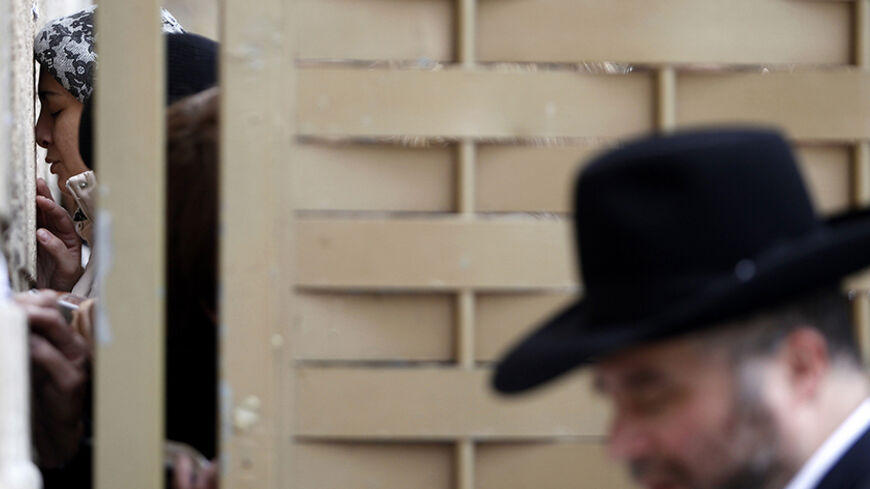Since the emergence of Shas in the early 1980s, the ultra-Orthodox Sephardic party has always attempted to walk between the raindrops. On the one hand, it adopted ultra-Orthodox lifestyle values in an attempt to become part of the ultra-Orthodox world in Israel. On the other hand, since most of its leaders are “reborn,” or newly religious, Jews, the party always kept an open window to the outside, non-ultra-Orthodox world.
Things reached a peak when Adina Bar Shalom, daughter of the party’s founder late Rabbi Ovadia Yosef, founded an academic college for ultra-Orthodox women. This track contradicted the general orientation of the Ashkenazi ultra-Orthodox world, but the unswerving support of the esteemed rabbi for his daughter’s educational enterprise caused thousands of the movement’s members and supporters to integrate the ultra-Orthodox lifestyle with academic studies.


